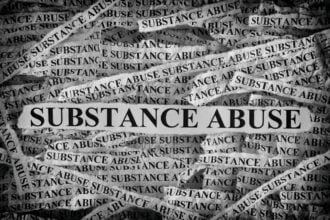Addiction can be extremely challenging to overcome, and it impacts not just the sufferer but also their friends and family. If you know somebody who is currently dealing with an addiction, it’s important to offer as much support as possible.
Showing your support gives your loved one hope and confidence. It lets them know that you’re there for them through thick and thin, and also gives them an outlet if they’re struggling to cope during recovery.
How to Support a Recovering Addict
It can be tough to know how to support your loved one in their addiction recovery. You‘ll want to offer as much advice as possible without making them feel worse about their situation. It’s a fine balance that is difficult to figure out if you’ve never previously supported someone through addiction recovery.
At the same time, you need to be caring but stern if they aren’t following their recovery protocol properly. Even if they are going through a professional addiction rehab program, they’ll need your support to keep going through the rough times.
Here are some top tips to help you support a recovering addict in your life, whether they’re recovering from a drug or alcohol addiction.
Learn more about addiction
Addiction is complicated, and unless you actively teach yourself about it, you may not be aware of the detrimental impacts that it can have on the sufferer. By educating yourself on addiction, you can understand more about what your loved one is going through.
Education is also important so you can understand how best to support them through their recovery. There are lots of amazing online resources that you can read to learn more about what addiction is, its symptoms, its health implications, and common recovery protocols.
Show compassion for your loved one
To non-sufferers, addiction can seem irrational, and it can be frustrating when your loved one isn’t fully engaged in their recovery. Showing compassion and empathy towards the sufferer is important to show your love and support without being overly forceful or judgemental.
Although you won’t be able to know exactly how they’re feeling, you can try your best! Don’t be afraid to ask them questions and encourage them to open up about their struggles. Sometimes, simply listening and being compassionate is enough to help your loved one through the most difficult times in their recovery.
Support them at meetings
During rehab programs and addiction recovery protocols, your loved one will attend regular meetings with various professionals. They might also attend group sessions where they can share their experiences with others who are in the same situation.
Ask your loved one if they’d like you to come along with them to their meetings for extra support. With you by their side, they might feel more comfortable opening up and fully engaging in their sessions, which can speed up their recovery significantly.










